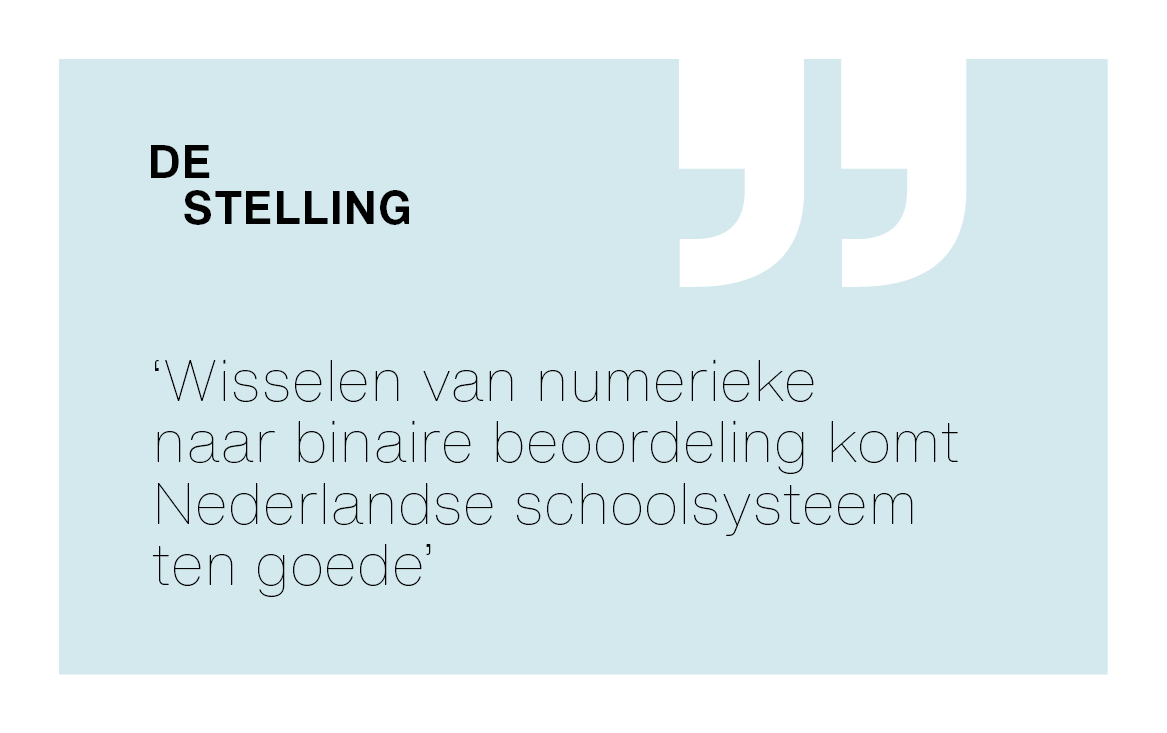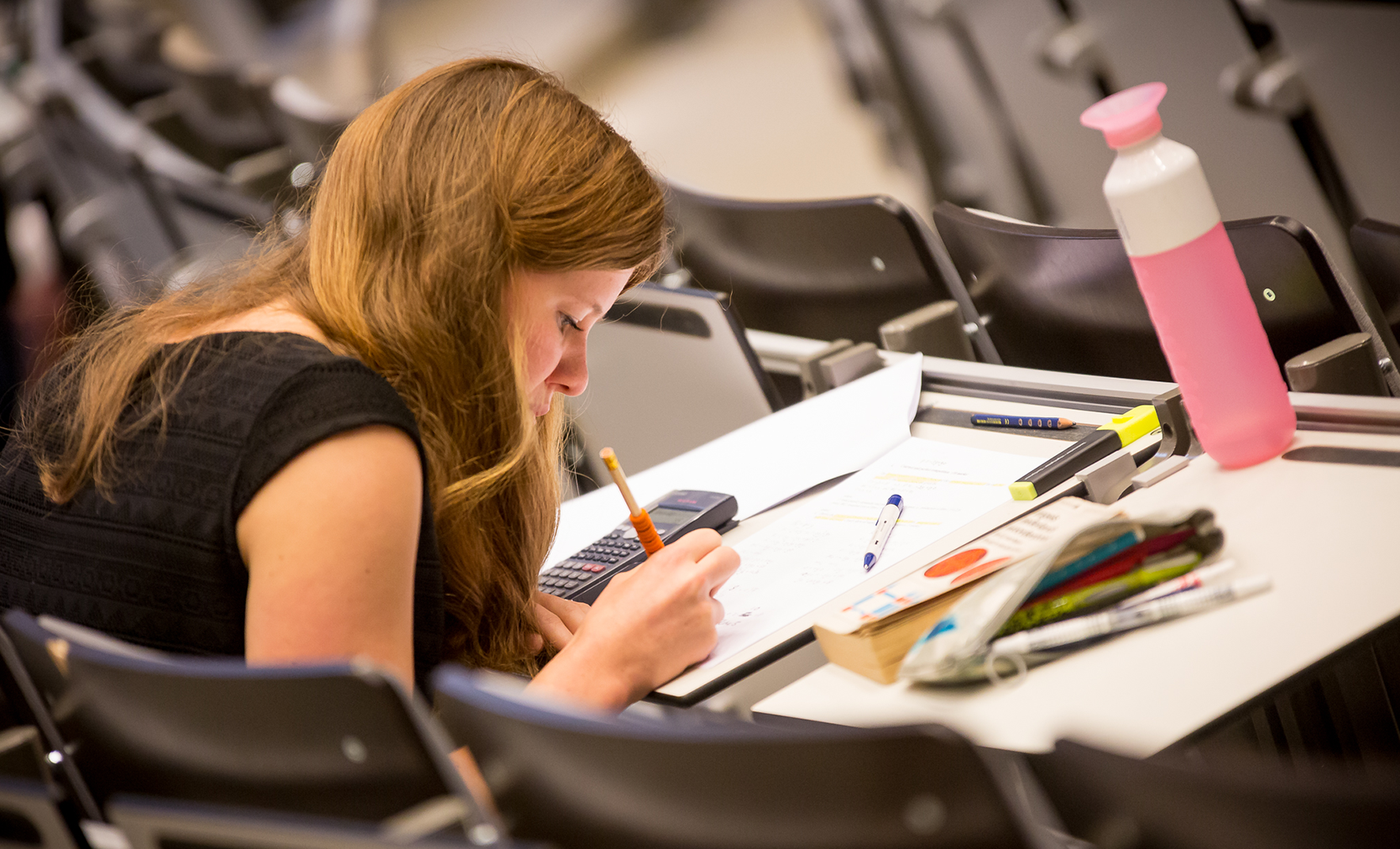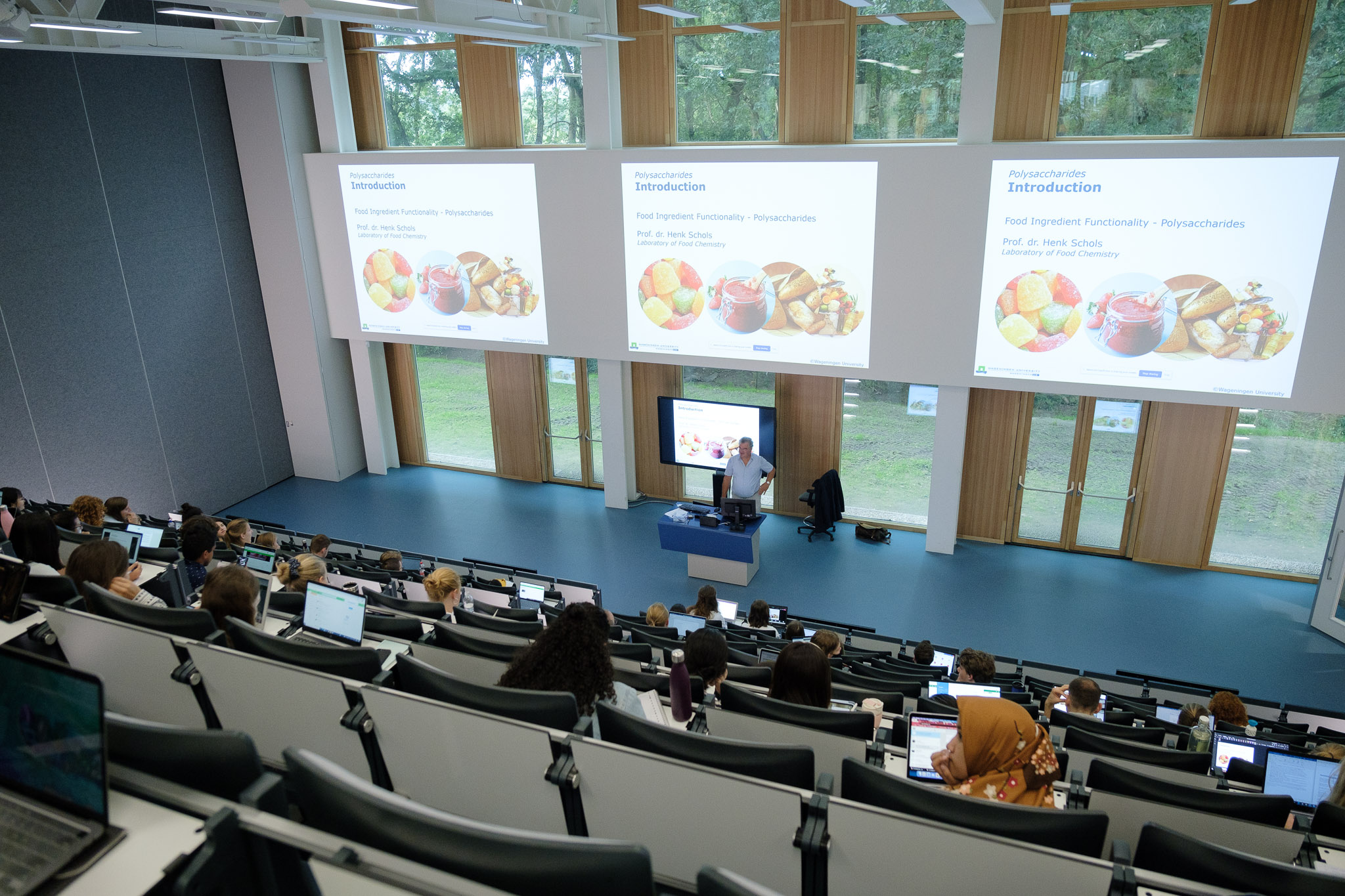PhD students explain their most provocative statement. This time it’s Joris van Steenbrugge, who received his PhD on 13 March for his research on plant-parasitic nematode effectors.
‘Research shows that Dutch secondary-school children are among the least motivated schoolchildren in the world. Furthermore, one in three experiences psychological problems. There are various possible reasons for this, but the numerical grading system is certainly a factor.
On average, Dutch schoolchildren get 102 grades a year. That is almost three per week in class. It puts a lot of pressure on the children. This assessment system makes learning less fun and in my opinion society gains nothing from it.
The aim of education is to give the schoolchildren certain basic knowledge. So you want to test whether someone has absorbed the knowledge and can apply it. I don’t think adding numerical grades helps in achieving that. That is why I am an advocate of a binary system in which we only say whether someone passed or failed.
Advocates of the current grading system will say the possibility of getting high grades encourages excellence. That may be the case for students who are outstanding anyway, but a binary system would let average students focus on the subjects they are better at or enjoy because they won’t feel pressured to get good grades for the subjects they are bad at.’




